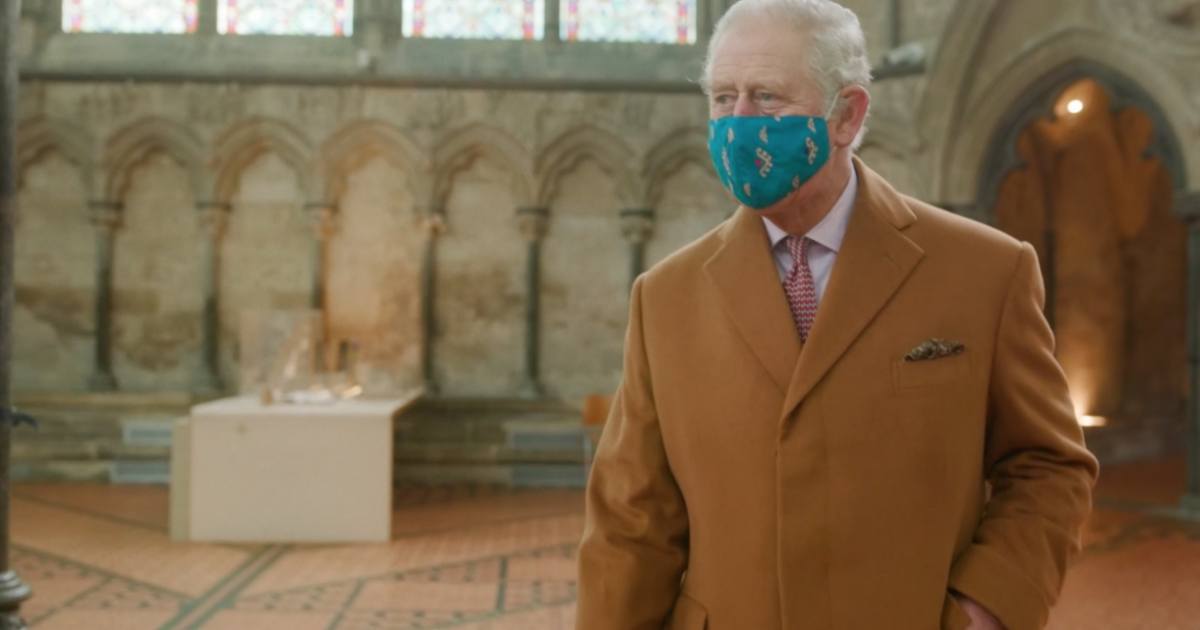
The Prince of Wales’ Sustainable Markets Initiative has announced a charter putting sustainability at the heart of the private sector – the Terra Carta.
“Terra Carta” is a play on the Magna Carta, signed (under duress) by King John of England in 1215. While originally drafted in an effort to make peace between the king and rebel barons, it became symbolic of a belief in the fundamental rights and liberties of the common folk.
Prince Charles’ “Terra Carta” translates to “Earth Charter”. It provides a roadmap to 2030 for businesses to move towards a sustainable future and serves as the guiding mandate for the Prince’s Sustainable Markets Initiative (SMI) that was announced at Davos a year ago.
Speaking about the Terra Carta at the One Planet Summit in Paris yesterday, Prince Charles said:
“Last January, none of us could have anticipated the devastating pandemic which was about to unfold, or its horrifying impact on lives and livelihoods everywhere. Today, reflecting on all that we have endured together, it is more clear than ever that human health and planetary health are fundamentally interconnected.”
The Terra Carta is open to affirmation from any CEO, regardless of the sector, who supports its principles – among those is an acknowledgement of the the need for net zero commitments to be achieved by 2050 and where possible, much sooner.
Climate Action Plan
The Sustainable Markets Initiative outlines ten areas for action – one of those being “Prices”. This involves embedding positive and negative social and environmental costs into goods and services, including energy, to ensure sustainable options are obtainable.
The Terra Carta advocates for carbon pricing “to correct the market failure that exists in favor of fossil fuels.” It states $100/tonne (assumed: USD) per tonne of CO₂ is widely viewed as the current minimum effective price to result in a market correction. But in order to encourage an accelerated transition to renewables a price may need to be set above this level.
” A phased-in transition over the decade could be explored to both send the market signals necessary and allow industry to adapt.”
Prince Charles, Renewables And Carbon
The Prince is a supporter of renewable energy in all its various flavours and had a 5.6kW solar power system installed on his residence, Clarence House, back in 2011. That didn’t happen without a bit of a fight as there were concerns the installation would look ugly on the historic building.
He also supports carbon capture, use and storage. Speaking at the Green Horizon Summit in November last year, Prince Charles stated:
“The only way to reduce emissions at the scale required, short of a ban on fossil fuels, is to accelerate the development, implementation and scaling up of carbon capture use and storage, both nature-based and engineered to buy us precious time, while allowing us rapidly to draw down carbon emissions as we transition towards a net-zero global economy.”
While on the topic of carbon, Prince Charles was publishing the carbon footprint of his household annually. The last report covered 2018 when the household’s total greenhouse gas emissions in carbon dioxide equivalents (CO2e) was 3,271 tonnes, which included all official travel. This was offset by Verified Carbon Standard (VCS) credits.
The state of the environment has been on the Prince’s mind for many years. In a recent interview on BBC Radio 4’s Today show, he said his first speech on environmental issues was back in 1970.
“.. but no one really wanted to know at the time. I think they thought I was completely dotty.”

 RSS - Posts
RSS - Posts



Speak Your Mind